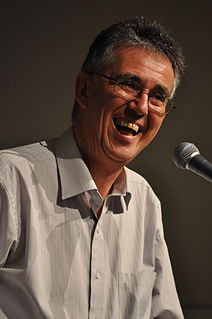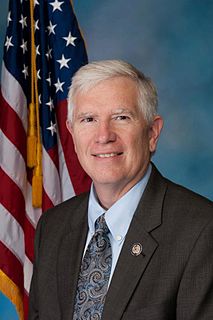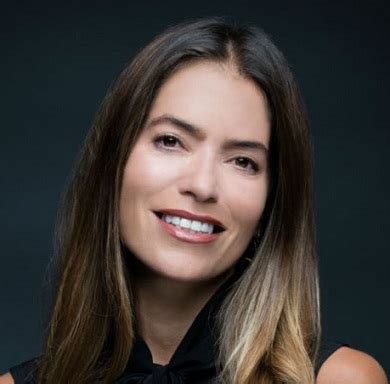A Quote by Steve Biddulph
The biggest single problem of American parents today is the foolish idea that you just have to be a friend to your children. Kids need parents, not just another pal. This means being able and willing to say no, to challenge faulty thinking, and to expect accountability.
Related Quotes
There’s a belief now that the problem with our schools is parents, that if we just had better parents we would have better performing kids and, therefore, we wouldn’t have a problem at all. But what’s missing in that equation is that you do have a lot of parents in this country who are very involved in their children’s education and who do want something better. They want to see better for their kids. They know that they’re in schools that aren’t performing particularly well and if you look at how we treat those parents, it is quite poorly.
I would expect illegal alien parents to take care of their children. If it means the kids go back home with them, that's what happens. If it means there are legal relatives in the United States that can take care of them, that can happen to. But I believe it's the parents responsibility to take care of the kids.
Think about reading: Today, parents would love it if their kids read books more because the parents understand the books. Just over 100 years ago, parents were upset because their kids were reading dime-store novels. Parents would say, "I don't want you inside reading anymore. Get outside and play." I guarantee you, in 50 years or so, parents are going to say, "You're not going outside to play until you finish that video game."
I would say basically the commonplace observation that kids aren't going to earn as much as their parents is now is a coin flip at this point. Are you going to do better than your parents? It's a 50-50 chance, whereas if you were born in the 1940s or 1950s, you had more than a 90 percent chance you were going to do better than your parents. So basically almost a guarantee for most kids that you were going to achieve the American Dream of doing better than your parents did. Today, that's certainly no longer the case.
I'm first generation American, and my parents were both from Nigeria. And so I always say that I'm literally an African American. So my last name is Famuyiwa, it's different. And so that was a part of my experience from people not being able to pronounce it to not sort of having sort of a shared, common history with a lot of the kids that I was growing up with because my parents were from Africa.
I've come to realize that making it your life's work to be different than your parents is not only hard to do, it's a dumb idea. Not everything we found fault with was necessarily wrong; we were right, for example, to resent, as kids, being told when to go to bed. We'd be equally wrong, as parents, to let our kids stay up all night. To throw out all the tools of parenting just because our parents used them would be like making yourself speak English without using ten letters of the alphabet; it's hard to do.
People talked about being a parent, or being a mother or a father. We don't talk about "wiving" our husbands or "friending" our friends, or "childing" our parents. We just talk about being in a relationship with those people. You don't measure whether your marriage was good based on whether or not your husband is better now than he was 10 years ago, or whether your friend is richer than when they first became your friend. The relationships between parents and children is a kind of love, rather than a kind of work.
I think if you're going to be in a relationship with someone, you need to be able to share the responsibility, the knowledge, the worry. It's not like it was when our parents or their parents were having lives where the mom just baked bread, and the husband worried about it, and the wife didn't know there was any problem.



































